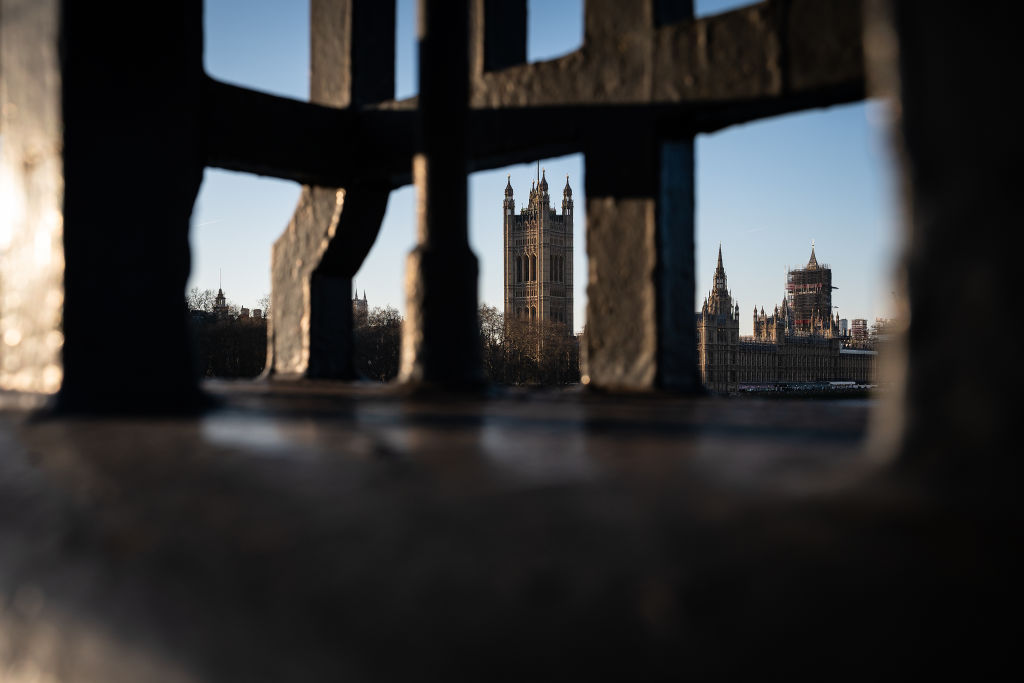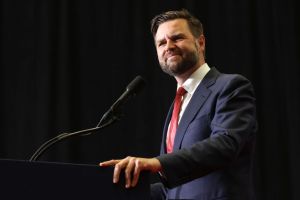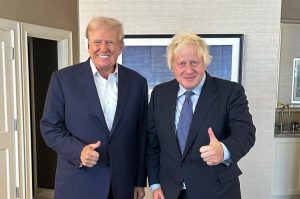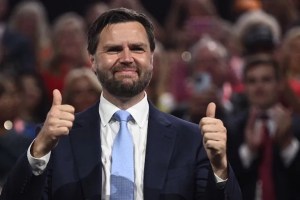In the middle of a national crisis, Britain has become a parliamentary democracy without a parliament. The police now have extraordinary powers to fine and arrest those who break the lockdown. Do I hear you say that these are necessary powers for a time of pandemic? Maybe they are. But we have no parliament to raise the alarm if those powers are abused or hysteria and the urge to punish replace the calm implementation of the law.
Meanwhile everyone is asking questions about how ministers, the National Health Service and Public Health England failed to provide enough protective kit for doctors and nurses and wondering why Britain is lagging so far behind Germany in its ability to test the population. Everyone, that is, except the House of Commons and the House of Lords. They voted to give the state the right to restrict freedom of movement, and then exercised their own right to freedom of movement pretty damn decisively by getting the hell out of Westminster on March 26. They will not return until April 21.
The Scottish parliament will be back at work on Wednesday. The Welsh Assembly has replaced full sessions with ‘emergency Senedd’ meetings. As New Zealand went into lockdown, opposition politicians set up an Epidemic Response Committee to scrutinize the government’s response to the crisis while the full parliament was closed.
Even in my darkest moments, I don’t want the entire political class to go down with COVID-19. But businesses and charities, and every branch of central and local government, are finding a way to work around the lockdown. The streets may be silent but WhatsApp and Google Hangout have never been more alive as millions of people reorganize their working lives. We are in a country where primary schools believe it essential to protect their pupils’ education with online lessons, but our political leaders cannot or will not use new technology to protect the nation’s democracy. Announcing the extended Commons recess last week, the Speaker Sir Lindsay Hoyle said work was underway to give Members of Parliament the technology they need to stay connected during the break, including the possibility of ‘a virtual parliament and virtual select committees.’
Four days on, and there is no sign of that work coming to fruition, and more disturbingly, no clamor for democracy to be restored.
The contrast with last year could not be more striking. When Boris Johnson tried to prorogue Parliament to force through Brexit, his opponents went wild. Nicola Sturgeon called Johnson ‘a tin pot dictator’. Jo Swinson, then the Liberal Democrat leader, said Johnson was engaged in a ‘dangerous and unacceptable course of action’. Opposition journalists, your correspondent included, said that Johnson was trying to rule as an absolute monarch rather than a democratic leader, and warned that we used to have civil wars to put men like him in his place
Where are those voices now? A national emergency ought to be a moment to strengthen democracy not dispense with it.
The government, to its credit, is holding daily press conferences and trying its best to be open. The days when Dominic Cummings could order ministers not to appear on BBC Radio 4’s Today program or any other news outlet he had taken it into his head to dislike, now belong to a lost and trivial age. But press conferences are no substitute for Parliamentary scrutiny. I can go into the technical reasons, if readers are interested. TV political correspondents, in particular, ask two or three questions in one go, because their editors want shots of them covering every angle. The result is the argumentative flow gets lost and politicians can choose which question to answer.
But technicalities are our smallest concern now. This should not be an either/or choice. We used to have a free press and parliamentary democracy. Now and for the foreseeable future, we just have one when we should have both.
The use of online technology to reopen democratic institutions strikes me as a partial answer to the loss of liberty we are all experiencing. I and I suspect many others face a dilemma. On the one hand, we look at the exhausted staff in the NHS, the suffering of the sick and dying, and think that any measure, however draconian, is justified if it limits the pain. On the other, we worry that emergency powers could become permanent and have an instinctive dislike of a country where people grass up their neighbors for taking more than one jog or bike ride a day.
Or as an officer in the Northamptonshire police put it to the BBC: ‘We are getting calls from people who say “I think my neighbor is going out on a second run — I want you to come and arrest them”. We have had dozens and dozens of these calls.’
The inquisitorial urge to call out, cancel and no-platform was already far too strong in Britain. The last thing we need is for the pandemic to accentuate it.
It’s not just that we have no parliament. Local councils have suspended their sittings too. Where are citizens meant to go if their chief constable decides he wants to imitate Vladimir Putin or council bureaucrats close local parks leaving parents with nowhere to take their children? Nationally and locally, the representatives who would have given them a hearing have gone absent without leave.
Readers going half-mad under house arrest may not believe me, but Britain’s lockdown is liberal by continental standards. As of tomorrow, the French will be required to keep a record of when they leave their home. ‘Going out to take the children for a walk or for physical exercise must be within a distance of one kilometer maximum of your home, for one hour,’ the French prime minister Edouard Philippe added.
As the body count rises in Britain, we may face similar restrictions, and once again, they should be subject to robust political debate before the government imposes them.
Write like this and there is a danger of sounding as if you believe that police officers are fascists, or that Tory ministers want to introduce a dictatorship. For what it is worth, I have nothing but admiration for and sympathy with everyone in the civil and emergency services wrestling with how to keep society functioning.
There should be no need for me to say that, however. Democratic accountability and parliamentary government are not optional extras. There should be no either/or choice. Free countries do not give the state the power to operate without scrutiny or constraint. And those that do, do not remain free societies for long.
Nick Cohen is a columnist for the
Observer and author of What’s Left and You Can’t Read This Book. This article was originally published on The Spectator’s UK website.





















